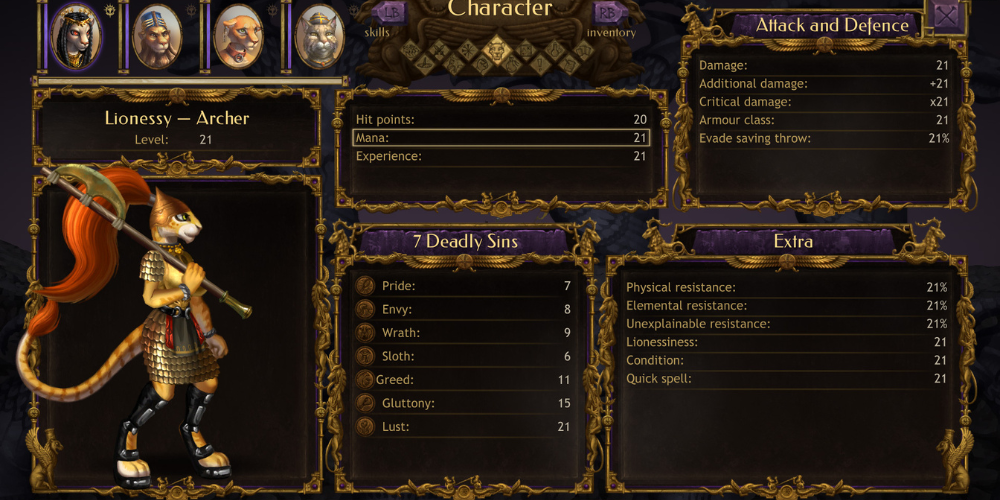
In the dynamic landscape of the gaming industry, online multiplayer games have carved a distinct niche for themselves. The success of these games is no mere fluke but a culmination of strategic design, engaging gameplay, and well-devised monetization models. This article explores the inner workings of the remarkable success enjoyed by online multiplayer games, revealing the key components that contribute to their widespread popularity among gamers across the globe.
Immersive Gameplay
Engaging Content
At the heart of every successful online multiplayer game is engaging content. The game's content should be compelling enough to keep players hooked for hours on end. This is achieved through a combination of intriguing storylines, challenging missions, and a vibrant game world that allows for exploration and discovery. While the game’s storyline draws players in, the missions and tasks keep them engaged, providing a sense of achievement as they progress through the game.

Interactive Environment
Another critical aspect of immersive gameplay is an interactive environment. Online multiplayer games allow players to interact not only with the game environment but also with other players. This interaction fosters a sense of community among players, making the game more enjoyable. The ability to form alliances, compete against others, or simply chat with fellow gamers adds another layer of depth to the gameplay, making it more immersive and engaging.
Strategic Game Design
Balance Between Skill and Luck
A well-designed game strikes a perfect balance between skill and luck. While skill-based gameplay ensures that the game remains challenging, the element of luck makes the game unpredictable and exciting. This balance keeps players on their toes, as they never know what to expect next, making the game more enjoyable.
Progression and Rewards
A well-devised progression system is another hallmark of successful online multiplayer games. As players advance through the game, they should be rewarded with new abilities, characters, or equipment. The feeling of moving forward and attaining success drives players to persist in their gameplay, endeavoring to attain a higher level or gain access to a novel element.

Effective Monetization Models
Freemium Model
One of the most effective monetization models for online multiplayer games is the freemium model. Under this model, the game is free to play, but players can opt to purchase in-game items or features to enhance their gaming experience. This approach enables gamers to engage with the game for free from the outset, thereby drawing in a more expansive audience. The optional in-game purchases provide a steady revenue stream for the game developers.
Ads and Sponsorships
Ads and sponsorships are another effective way to monetize online multiplayer games. By incorporating advertisements subtly into the game or partnering with brands for sponsorships, game developers can generate revenue without disrupting the gaming experience.

Social Interaction
Collaborative Gameplay
Online multiplayer games often involve collaborative gameplay, where players team up to achieve common goals. The cooperative element of the game cultivates camaraderie between players, enhancing the enjoyment of the experience. It also encourages social interaction, as players communicate and strategize with each other to win.
Competitive Elements
In addition to collaboration, competition is another key social element in online multiplayer games. Leaderboards, tournaments, and player-vs-player modes fuel the competitive spirit of players, making the game more exciting. These elements of competition not only introduce an additional tier of difficulty but also furnish players with a stage to display their abilities and gain boasting privileges. In conclusion, the success of online multiplayer games can be attributed to a combination of immersive gameplay, strategic game design, effective monetization models, and social interaction. By grasping these components, game creators can fabricate engaging games that captivate the audience and distinguish themselves within the fiercely competitive video game industry.








